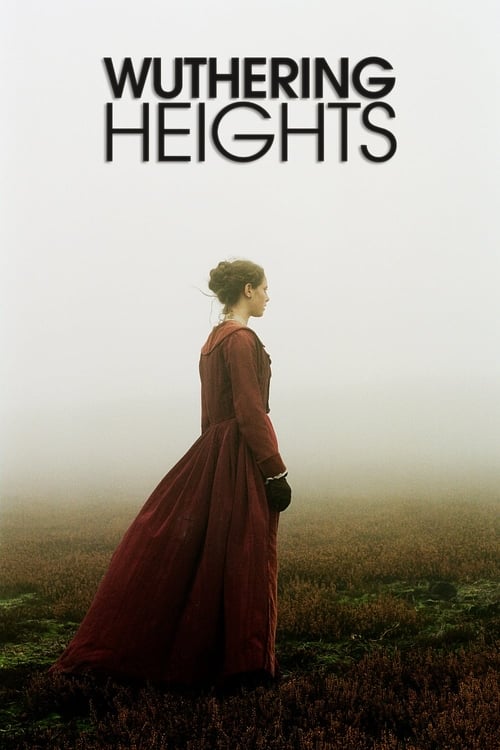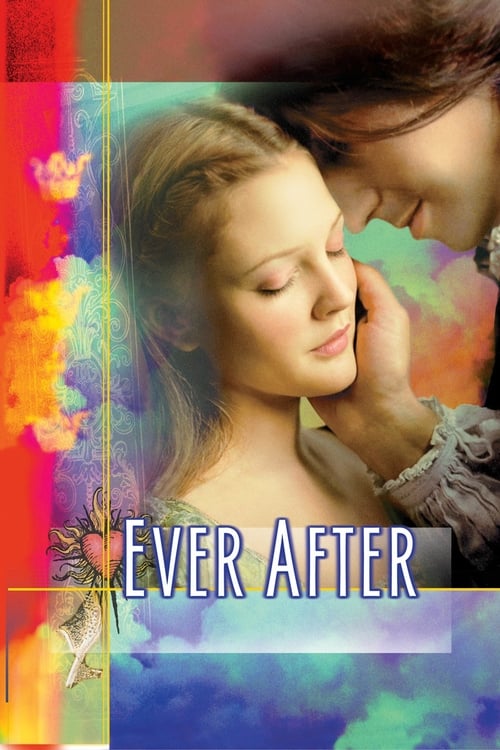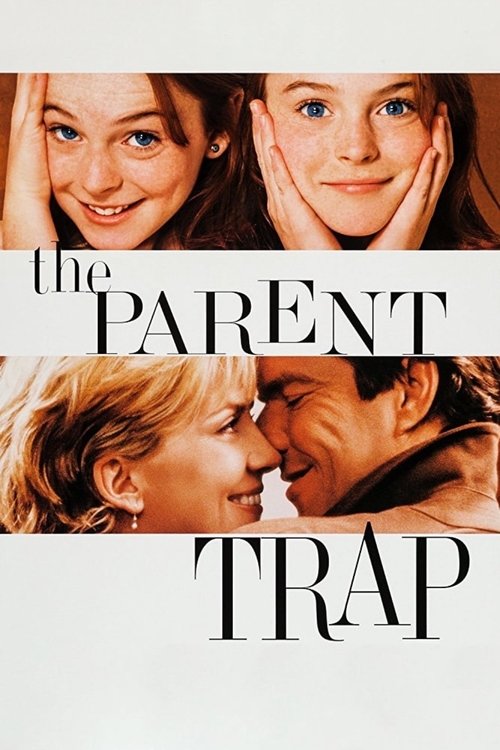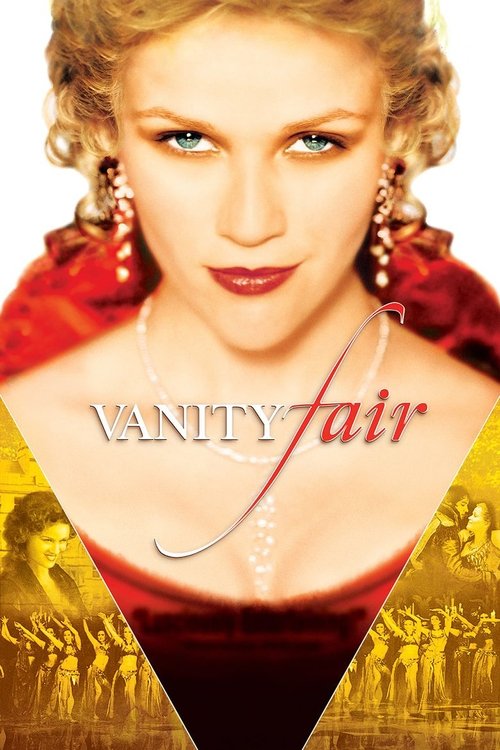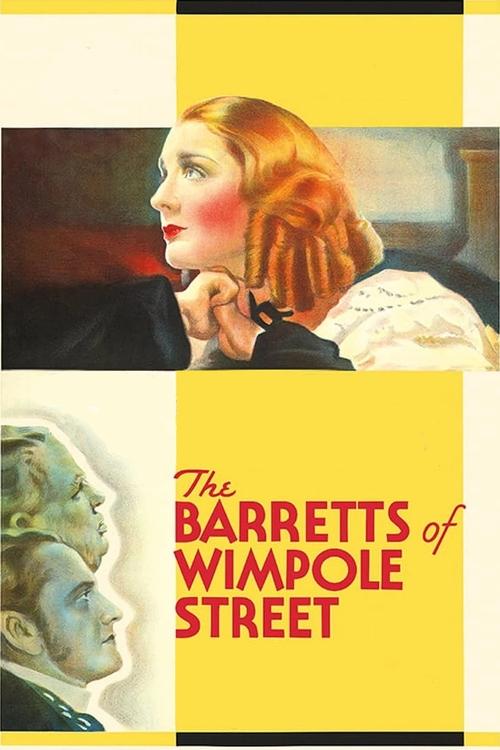
The Barretts of Wimpole Street (1934)
Overview
Remarkable poet Elizabeth Barrett is slowly recovering from a crippling illness with the help of her siblings, especially her youngest sister, Henrietta, but feels stifled by the domestic tyranny of her wealthy widowed father. When she meets fellow poet Robert Browning in a romantic first encounter, her heart belongs to him. However, her controlling father has no intention of allowing her out of his sight.
Cast

Norma Shearer
Elizabeth Barrett

Fredric March
Robert Browning
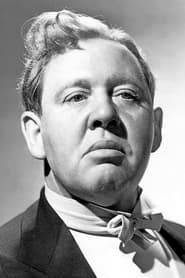
Charles Laughton
Edward Moulton-Barrett
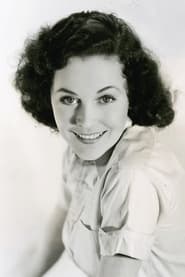
Maureen O'Sullivan
Henrietta Barrett
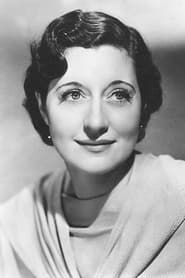
Katharine Alexander
Arabel Barrett

Ralph Forbes
Captain Surtees Cook
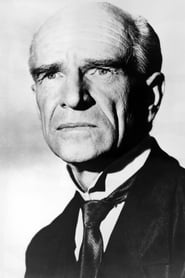
Ian Wolfe
Harry Bevan

Marion Clayton Anderson
Bella Hedley
- Similar Movies
- Reviews
- Videos
I'm sorry, but the scenes with Norma Shearer and Fredric March simply fall flat. Shearer's "fey" acting style is contemptible at the best of times, but her overacting in every single scene simply destroys the fabric of this otherwise well written melodrama. Who saves the day? Charles Laughton of course! His is truly the only performance which shines in this movie. Uno O'Connor and a ravishingly beautiful Maureen O'Sullivan try their best to keep the project afloat, but Norma Shearer absolutely ruins the movie. There is some welcome comic relief given by Mary Clayton Anderson, an actress who really should have been given more screen roles in Hollywood. Frederic March is wooden and over-the-top at the same time. I never believed for one second that he was in love with the main character.
I thought that there was something almost claustrophobic about this film as we are introduced to a well-off family who live in a grand villa in London’s west end. There are nine siblings, all well into adulthood, and all under the thumb of their oppressive windowed father (Charles Laughton). His red line rule is that none of them are ever to marry, which up until now has not mattered so much. When eldest daughter, and the apple of his eye, “Elizabeth” (Norma Shearer) who is a successful but bedridden poet, is introduced to the appreciative “Browning” (Frederic March) though, this dynamic begins to change a little. It’s not just her that is rocking the boat. Her younger sister “Henrietta” (Maureen O’Sullivan) has also taken a shine to a fine soldier of the king and so dad determines that he is going to relocate the entire brood to a country home with no neighbours, callers or suitors. The question is, can “Elizabeth” find the courage to walk out of that door for a life of her own? Though he really only features sparingly, Laughton is on solid form here as the suited and bearded bully, and both the powerful Shearer and O’Sullivan foil that ghastliness in effectively different ways as he tries everything from threats to tears to keep his family from escaping his clutches. In many ways, he cuts quite a sad figure as the plot reveals that there is little love for him amongst his family and though he can hardly blame anyone else for that, we get the distinct impression that the man is scared! It’s a good looking film that adapts the Besier play quite poignantly and characterfully.

